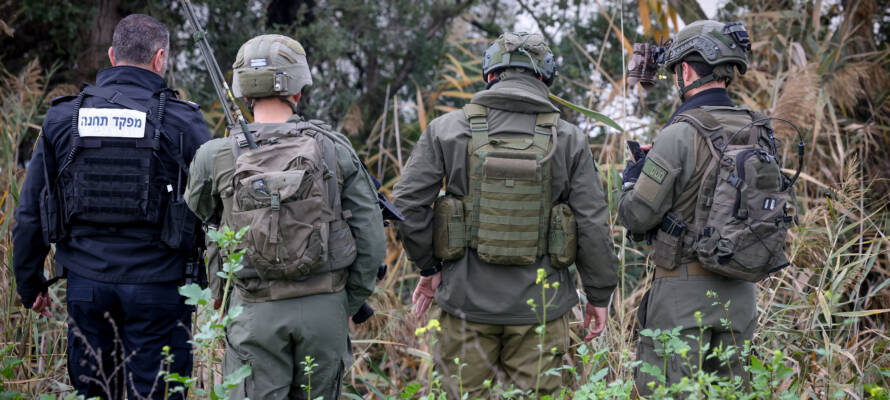The contentious law extends the mandatory military service from 32 to 36 months.
By Pesach Benson, TPS
The Israeli government approved a law on Sunday extending mandatory military service from 32 months to 36 months, raising tensions over the contentious issue of army deferrals for yeshiva students.
The legislation, which aims to address the army’s manpower needs, was opposed by Attorney General Gali Baharav-Miara, who argued that increasing the burden of army service without recruiting Haredi or Orthodox men was unconstitutional.
“This is going to lead to more damage to the basic rights and freedoms of the individual that stems from the fact that the regular service is mandatory service – for those who will serve a longer time in mandatory service,” Baharav-Miara wrote in her legal opinion. In particular regarding the temporary order – it is proposed to increase the burden placed on the serving population, thereby increasing the inequality vis-à-vis groups in the population who do not serve.”
The issue of conscripting yeshiva students came to a head on June 25 when the High Court of Justice unanimously ordered the state to begin drafting students into the army.
The two Orthodox parties in the governing coalition, Shas and United Torah Judaism, have previously threatened to topple the government over the issue.
Defense Minister Yoav Gallant told lawmakers on July 10 that he would begin drafting 3,000 students next month.
Military service is compulsory for all Israeli citizens.
However, Israel’s first Prime Minister, David Ben-Gurion, and the country’s leading rabbis agreed to a status quo that deferred military service for Orthodox men studying in yeshivot, or religious institutions.
At the time, no more than several hundred men were studying in yeshivot.
However, the Orthodox community has grown significantly since Israel’s founding.
In January 2023, the Central Bureau of Statistics reported that Haredim are Israel’s fastest-growing community and projected it would constitute 16% of the population by the end of the decade.
According to the Israel Democracy Institute, the number of yeshiva students exceeded 138,000 in 2021.
That demographic growth has fueled passionate debates about “sharing the burden” of military service, the status of religious study in a Jewish society, and Haredi integration.
The war against Hamas, now in its eighth month, has stretched the army’s manpower needs, sharpening the national debate. The Press Service of Israel found that Haredi attitudes towards military service have softened since Hamas’s October 7 attacks.
